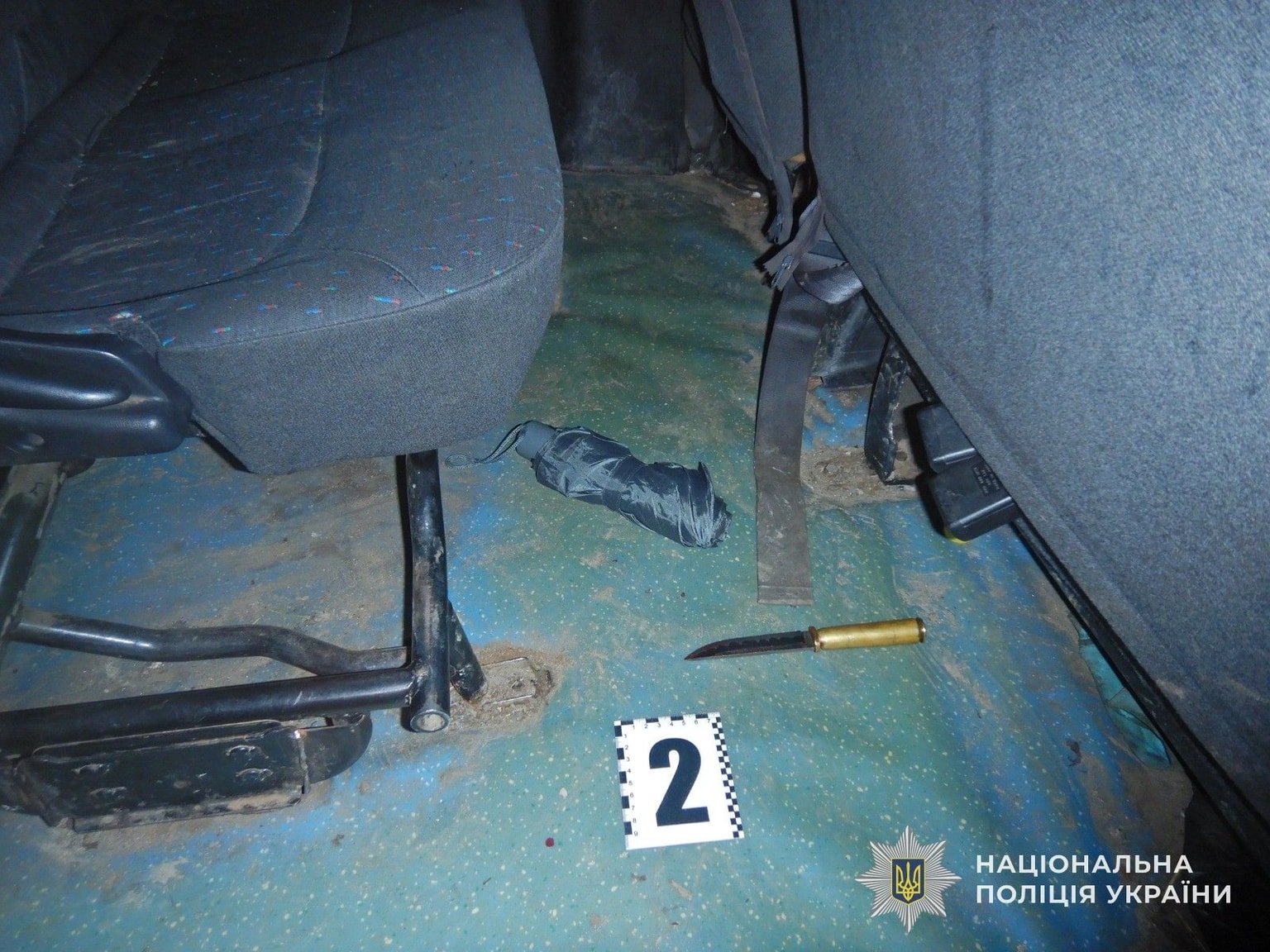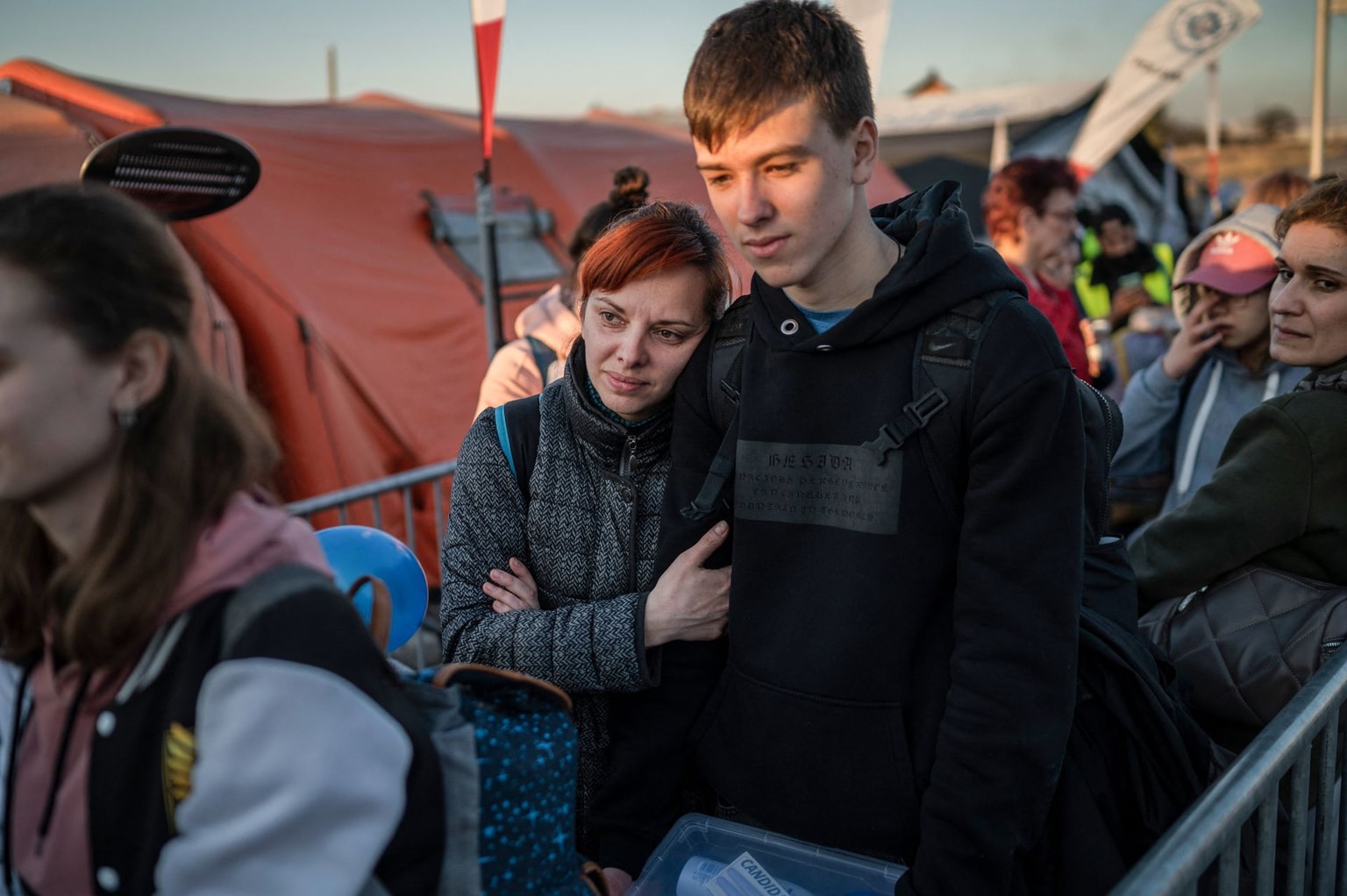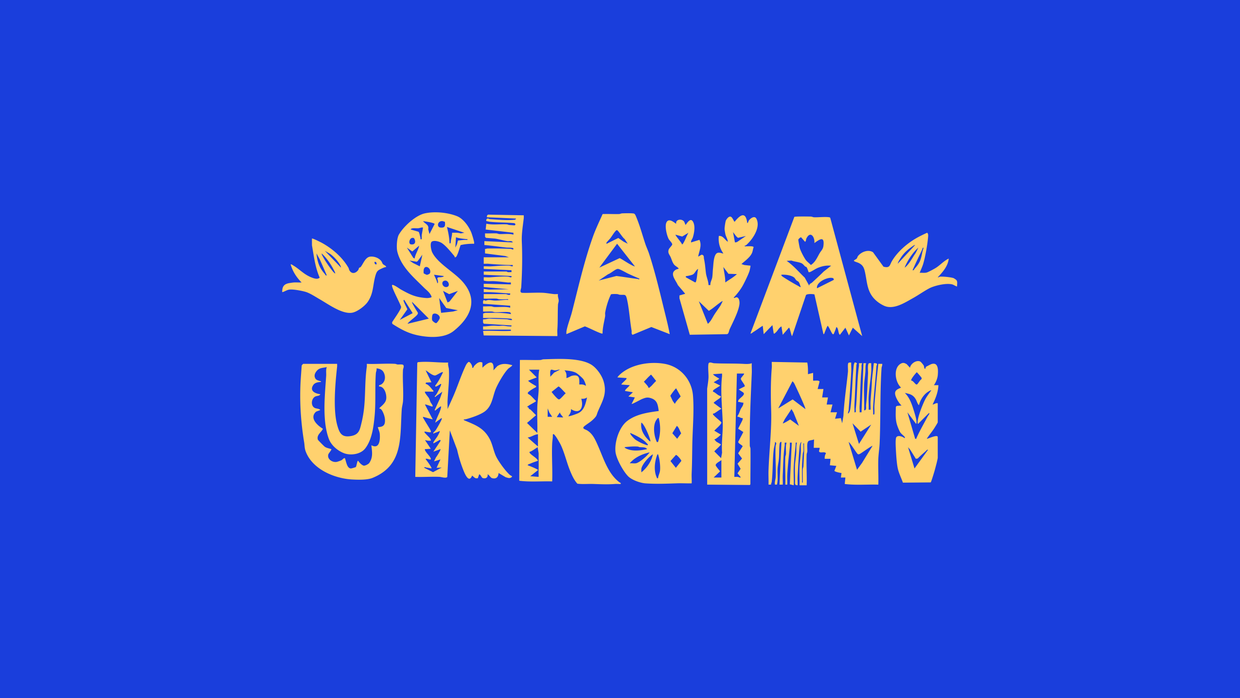Ukraine news
News Feed
Cyprus's president meets Zelensky in Kyiv as Nicosia prepares to chair EU Council
The visit comes as Cyprus is about to take over the rotating presidency of the Council of the EU in January, with Nicosia viewing enlargement as a "key priority," a Cypriot government spokesperson said.

Russian strikes on Kherson heating plant leave over 40,000 residents in the cold
The closure came after several days of sustained attacks by drones and artillery, targeting the halls and equipment of the plant, according to regional governor Oleksandr Prokudin.

Who is Dan Driscoll, 'JD Vance's man' leading talks with Ukraine
Dan Driscoll, the U.S. army secretary known as an ardent advocate of military modernization, was thrust into an unexpected role as Washington's leading negotiator in Ukraine. His trip to Kyiv last month, which was expected to focus on technology cooperation, instead saw him present Ukraine with a U.S.-Russia-drafted peace plan that imposed punishing conditions on Kyiv. Despite having no prior diplomatic experience, the 39-year-old Pentagon official remains a key figure in the ongoing talks as

Ukraine war latest live: Kyiv struck over 50 Russian strategic targets in autumn 2025, satellite images shows
Hello, this is Tania Myronyshena reporting from Kyiv on day 1,380 of Russia's full-scale invasion of Ukraine. Today`s top story so far: Ukraine's Armed Forces struck more than 50 fuel and military-industrial infrastructure sites in Russia over the course of this autumn, marking an unprecedented rate of successful attacks, according to Ukraine’s General Staff and experts cited by Schemes, an investigative project by Radio Free Europe/Radio Liberty. Using satellite imagery from Planet Labs, jou

Draft officer fatally stabbed in Lviv during papers check
According to the military, the man refused to present his documents, acted aggressively, and eventually stabbed the officer in the groin, causing a critical bleed.

UN calls for return of Russia-abducted Ukrainian children in US-backed vote
Russia, Belarus and Iran have voted against the resolution. Fifty-seven countries, including China, India and Brazil, abstained from voting.

About Ukraine
The Kyiv Independent delivers reliable news, context, and on-the-ground reporting from Ukraine. The largest country located entirely in Europe, Ukrainian territory covers 603,628 square kilometers (233,062 square miles), and is bordered by bordered by seven countries, namely Russia, Belarus, Poland, Slovakia, Hungary, Romania, and Moldova. Ukraine traces its history back to the medieval state of Kyivan Rus.
Most Popular
Hello, this is Chris York, reporting from Kyiv on day 1,378 of Russia’s full-scale invasion of Ukraine. While the international focus remains on Trump's peace deal negotiations in Moscow, our focus in this blog is on updates from the front: Our top story so far: Drones launched by Ukraine's military intelligence struck Russian air defense systems in occupied Donbas, the agency claimed on Dec. 2, knocking out a launcher from a S-300 SAM system, and two 1L125 Niobium-SV radar stations. "Such s
















